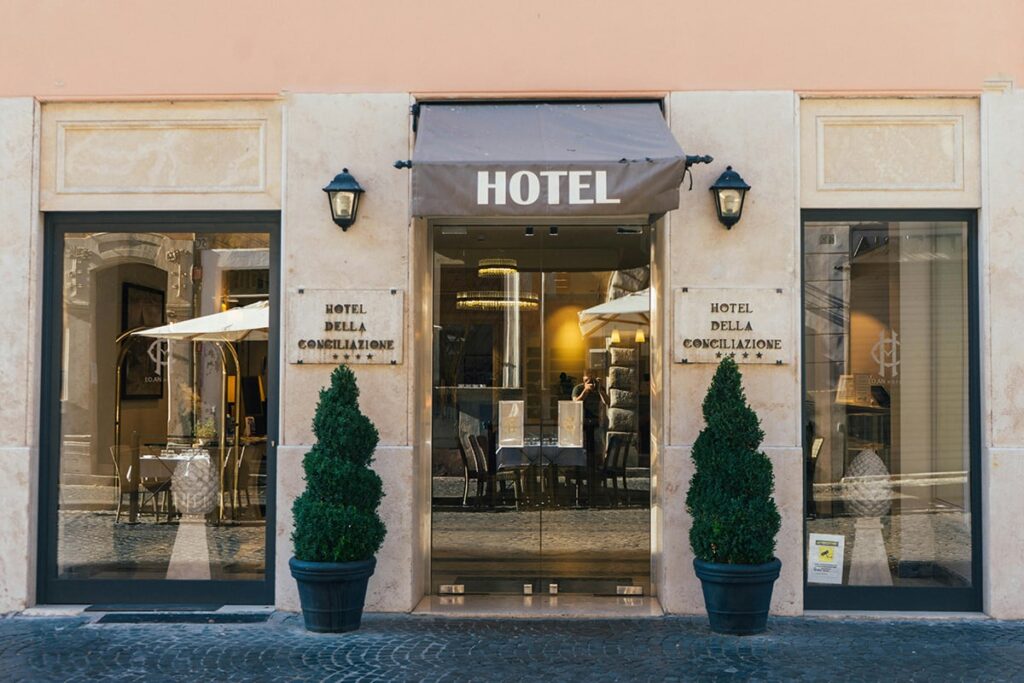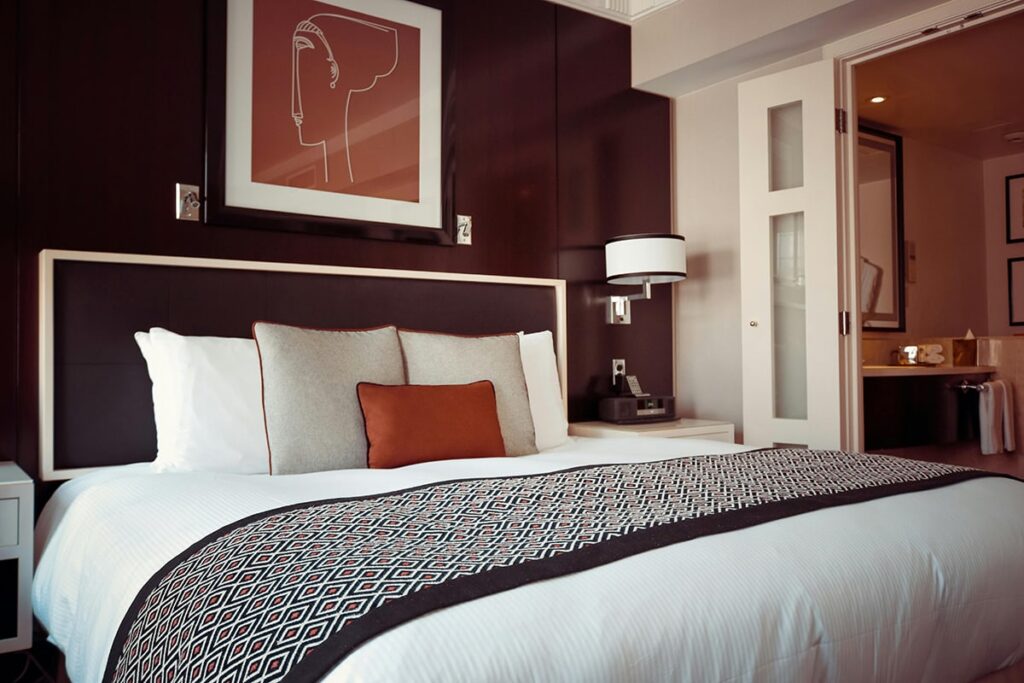
Europe protects system of direct hotel bookings
Quite recently, the Court of Justice of the European Union made an important ruling for our hospitality sector. This ruling clearly confirms that hotels can freely set the prices for bookings on their own websites. Moreover, this achievement is reinforced by the EU Digital Markets Act, the rules of which came into force this year. In search of more text and explanation, we knocked on the doors of Horeca Vlaanderen, Tourism Flanders and the press service of the Court of Justice of the European Union in Luxembourg, among others.
The central problem is caused by so-called parity clauses, whereby online booking platforms such as Booking.com and Expedia can prohibit lodging operators through a contract from offering lower prices on their own (hotel) websites than the prices they have posted on those platforms.
Situation at home
For our own country, Horeca Vlaanderen requested and obtained a ban on such parity clauses back in 2018. Indeed, on 20 August that year, the Belgian law on the freedom of pricing for the hotel sector came into force, creating fair competition with booking platforms. This law therefore explicitly stipulates that the price for renting tourist accommodation is determined entirely autonomously by the operator and that he or she is also free to grant any discount or tariff advantage of any kind. These regulations apply to any lodging activity located on our national soil.
A ruling at the European level
Shortly afterwards, issues surrounding these parity clauses reappeared in some other European countries. For instance, the German Supreme Court ruled in favour of the hotel industry on this issue. In turn, a lawsuit filed by Booking.com at a court in the Dutch city of Amsterdam ensured that the issue eventually ended up at the European Court of Justice.
In any case, this European court also came to the final conclusion that booking platforms may not impose their parity clauses on hotels and related accommodation providers. In the notice posted by this Court's press office on its website on 19 September 2024, we see that the judges broadly held that booking platforms do not need these parity clauses at all to survive economically.
This Court's ruling sensitively strengthens the hotel sector across the European Union via a major economic boost. Moreover, new European rules also appeared that further strengthen this movement.

EU Digital Markets Act
The EU Digital Markets Act - which came into force on 7 March 2024 - aims to create more competition between different digital service providers, and to do so through tighter rules for the major online platforms. Consequently, as a result of the latter initiative, Booking.com this year abolished all its parity clauses within the European Economic Area.
In any case, both actions ensure that now all hotels of the 27 countries of the European Union are allowed to offer their room rates lower than on the booking platforms, providing the accommodation sector with a more level playing field economically.
Direct bookings
Stef Gits, spokesman for Tourism Flanders, voices a similar opinion. "We obviously see this as a very positive evolution. Hotels that wish to do so are - and will remain - free to offer lower prices on their own websites as a result. In fact, this will allow them to compete better with booking websites, potentially leading to better prices for consumers. We expect a number of hotels to take advantage of this anyway - and thus present lower prices for direct bookings on their hotel websites. Through these direct bookings, hotels will also receive more customer data, allowing them to serve better service and also more targeted offers. In addition, we expect the impact on major booking platforms to be fairly limited in the short term. Therefore, due to their loyalty programmes and strategic advantage, many customers will still just keep booking with them."
In any case, these are all additional arguments for a hotel to bet (even) more than ever on direct bookings.



